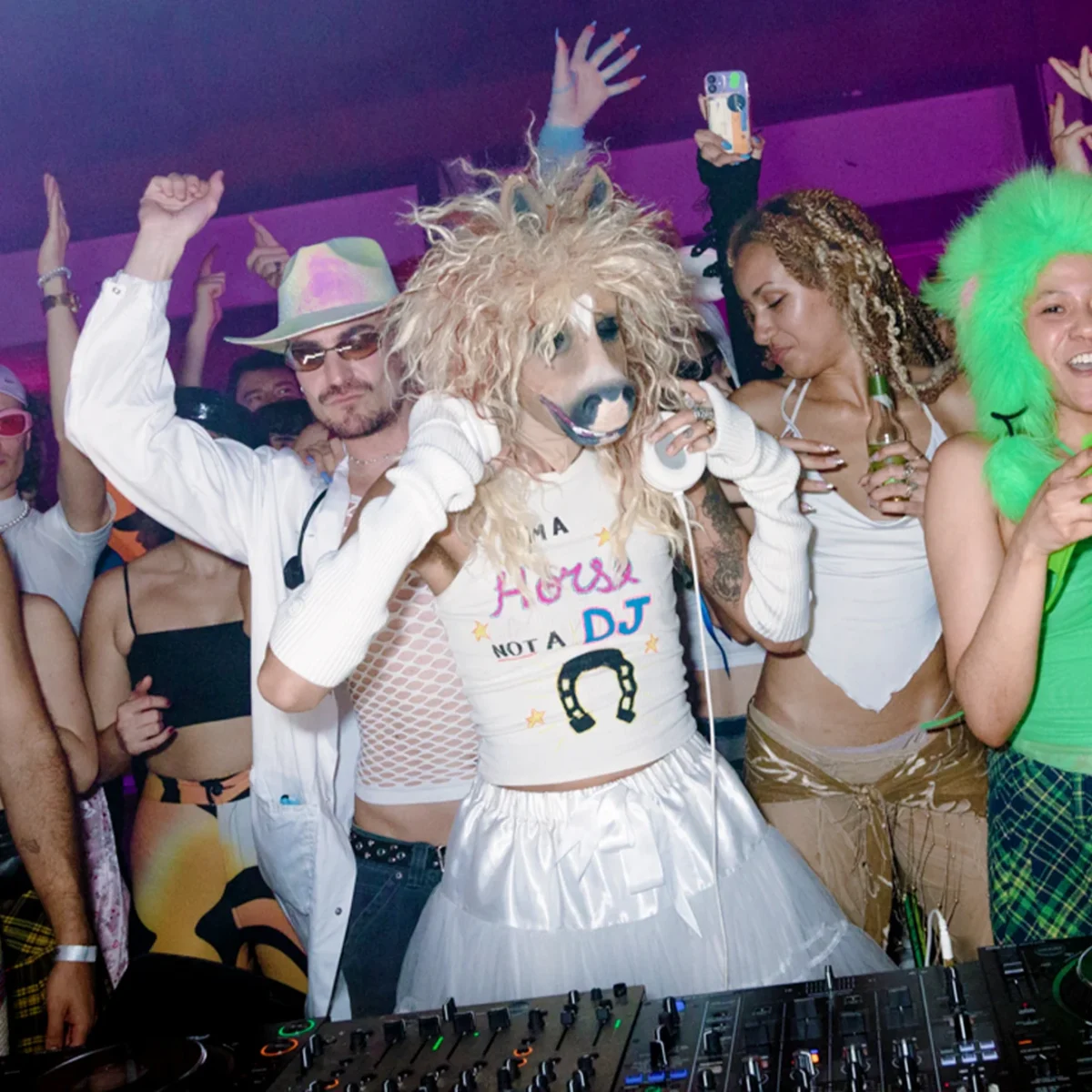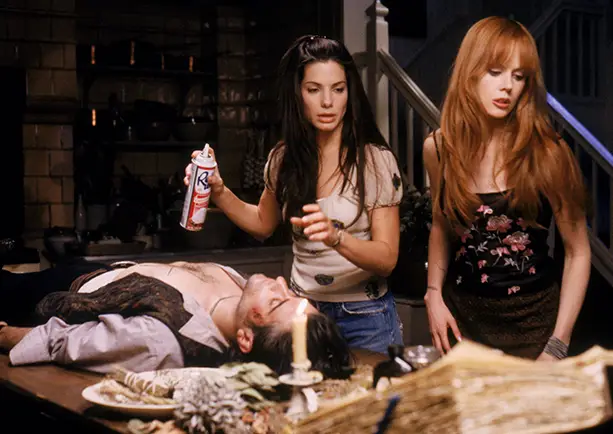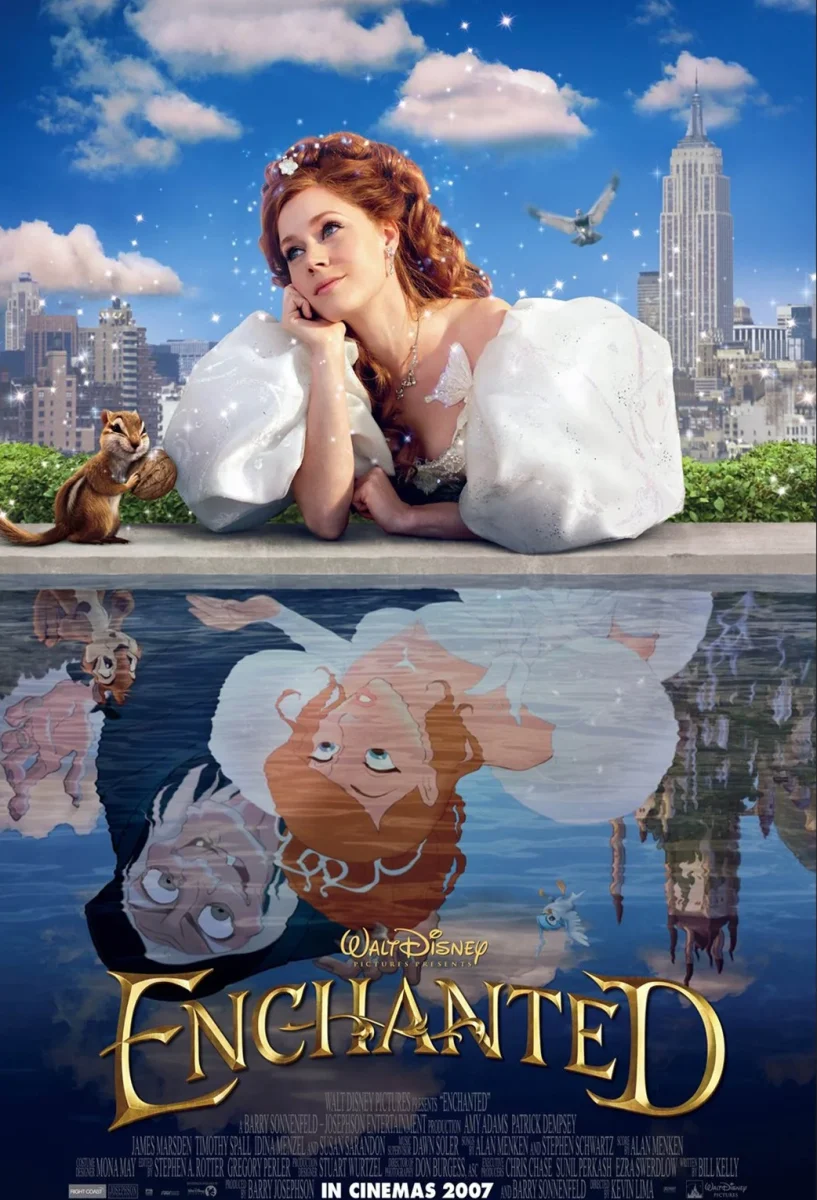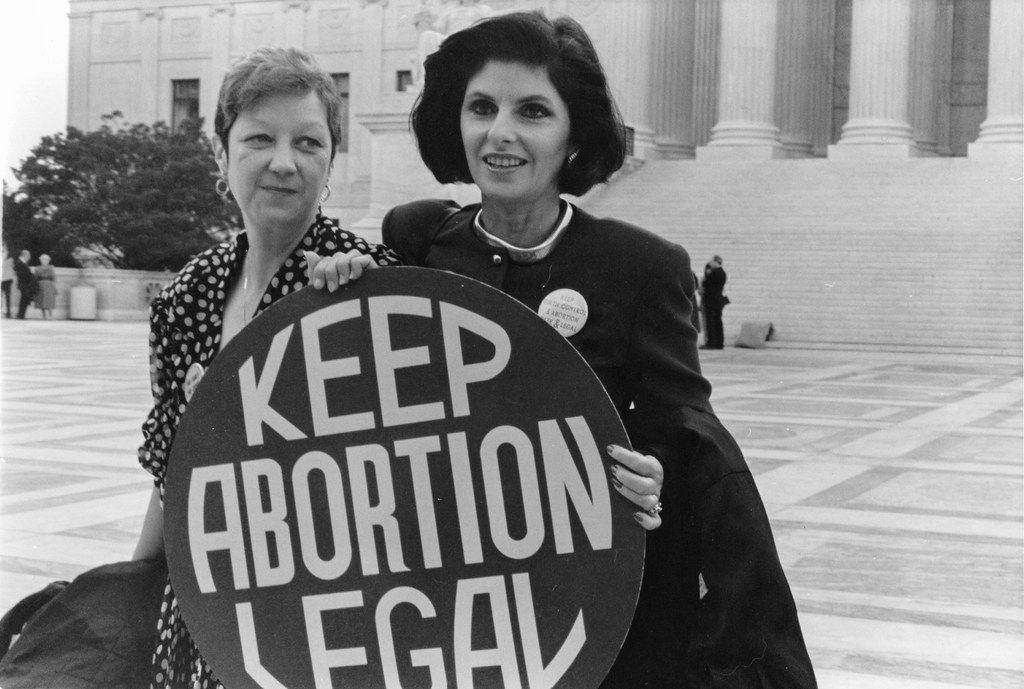“Brat” has flipped the boat, showing off the deep underbelly of a newly sinking ship. The new age of electronic music and its resurgence in pop charts has been labeled as “recession-pop” due to this genre of pop music being a correlative indicator of the nation’s current economic status. In a post-2008 market crash, we got Kesha. In a post-COVID-19 world, we get Charli xcx. This kind of music responds to our deep melancholy in the past decade. Music has gone from beat-heavy with upbeat melodies to trending towards artfully pensive. However, in light of recent political and economic difficulties, people have begun to crave to be carefree again, causing the return to electronic and house music elements in pop culture. We are in recession, and no one wants to look at it, so brat-blinders are fully on. However, since the last era of electronic dance-pop, accessibility in music has been opened to the masses. The aftermath? Everyone is a DJ! The Bushwick stereotype has evolved, and it seems every young adult Brooklynite has pledged themselves to The Dare and started sweating over controllers. Where is this impulse coming from? Why is everyone suddenly a DJ?
The accessibility given to art and music as of late has been a game changer in the name of equalizing the music industry for all people. This attainable nature is undoubtedly a net positive for art. It means that geniuses who would never have been able to rise otherwise can take their place in the spotlight. This has led to the rise of new blends of genres such as bedroom pop, hyperpop and more. In its wake, there’s been a boom of new niche fandoms and artists who can make their money without over-reliance on labels or record companies, who are often exploitative. This has also allowed people who were otherwise minorities to build up cultures on their terms. More women and people of color have regularly dominated the scene and released mixes that have garnered millions of streams. One such prominent DJ is Jada G, who is breaking boundaries by continuing to play her sets while pregnant, a state of the body often viewed as antithetical to what the club community is known for. Despite all this greatness that has emerged, when the floodgates of art are opened, a few stragglers rush in through the corners alongside it.
A DJ, by nature of the art, can co-opt the fandoms of the genres of music they play and live off of that. A real, good DJ adds an artist’s vision through live remixing and creating a new song out of the existing produced sound. A common criticism of most DJs is their propensity to hit play with few transitionary moves. DJ culture is also heavily based on persona and gimmick. horsegiirL, for example, has taken the underground Brooklyn house scene by storm and is never seen playing without her iconic prosthetic muzzle, horse ears and fully painted face to appear as an anthropomorphic horse. Marshmello is popularly famous for performing under a huge white marshmallow head. However, even without the personas, DJs are often encouraged to engage in outrageous antics on their own; Steve Aoki is known for throwing cakes into the crowd during his set. Embodying a character accompanying the music is a significant appeal to being a DJ, but your ability to perform is more allowed to vary on a sliding scale.

There has been a lot of criticism of people who choose to co-opt the culture and gain a persona without a genuine love of music. This is a persisting issue in the electronic music community because it has been hit hard by the new wave of accessibility. In his 2007 song “All About House Music,” Noir states, “Nowadays everybody wants to be a DJ/Nowadays everybody wants to be that nerd, It sickens me/If you are not in it for the love of the music, would you please f*ck off?” Noir implies that as technology advances, DJs will lose their skills and become flattened and diluted in the wake of people who want to covet their persona. This scathing criticism emphasizes music as an art. Notably, this criticism comes just before the first wave of rescission pop, marking a similar pattern of hobbyists flooding the scene. Music is highly permeable to the sense of authenticity; it must come from a place of authenticity because people can implicitly hear an alternative motive. Authenticity is usually broken because some people wish to covet an artist’s persona but have no interest in creating art themselves. They don’t want to make art as much as they want to be a figure to be revered, and accessibility in music has made it easy to do that. Although authenticity is a subjective, unmeasurable sixth sense, it is imperative to the believability of the art being sold. DJing is particularly vulnerable to people who have no love for art because its social signaling is inherent.
The issue is thus: everybody wants to be the DJ, the one behind the booth, and no one wants to be the crowd. Hyper-individualism in music over the advantages of community can be an effect of COVID-19 and our increase in social media usage. Our content cycles are largely how most people engage with music; the internet has allowed this great accessibility. However, these behaviors cannot translate in real life. While consuming music can be a hyper-individual experience, creating music cannot be because of concepts such as the “death of the author.” Your work is irrevocably altered when other people consume it, and you, in turn, alter the communities you enter when you create within the space. With so many people contributing inauthentically, our community spaces are diluted into thin, community-free venue spaces. If everyone is a DJ, who is left to dance?








